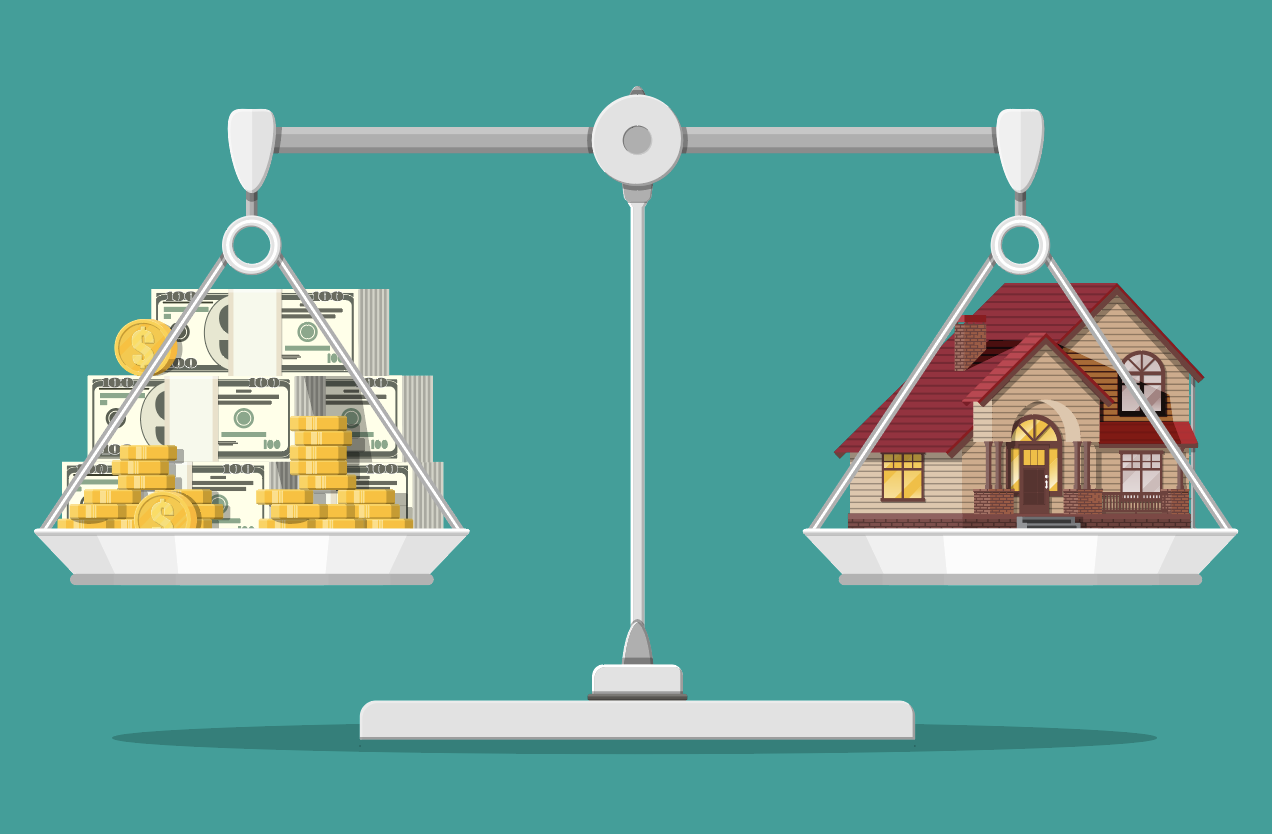There are a number of reasons why you’ve considered holding off on selling your property this summer. You might think that because of the coronavirus concerns, maybe you should just put things on pause until next year. This article can help you consider the facts to make the right decision.
Context of the Market
There are two general concepts to keep in mind when it comes to the Oahu real estate market. 1) Buyer demand drives market activity and 2) limited supply keeps our prices stable. When we use these concepts as guidelines on what to expect, we can predict what may happen in the coming months.
This chart provides recent statistics from the Honolulu Board of Realtors, and indicates changes to the total sum of properties, both single family homes and condominiums for the month of April. With the stay-at-home order implemented in late March, April provides the first full month of real estate statistics since that time.
| Demand | Closed Sales | |||
| Pending Sales | ||||
| Supply | Active Listings | |||
| New Listings |
Indicator #1: Demand is decreasing.
We can see that the demand for property has declined year over year in April from the lower numbers in both closed sales and pending sales. This means that fewer buyers closed on their sale which was in escrow, and fewer buyers made offers to open a new escrow. The numbers show a sharp change because of the stay-at-home order. But I anticipate, even when we can start leaving our homes for daily activities, the demand will likely not pick up to its former level until we see an economic recovery. An economic recovery may take 2+ years.
Indicator #2: The withholding of listings in April & May, will cause an increase of new listings this summer.
There was a steep decline in the number of new listings which left fewer active listings on the market. With many potential listings occupied by owners and tenants, the social distancing requirements by the CDC and local and State authorities made it very difficult for properties to be shown. Therefore, many potential sellers did not place their property on the market. Though having fewer properties on the market means that there is less inventory for buyers to choose from, it actually helps to protect property values when we have a drop off in demand. It is likely however, that many sellers will list their properties in June, after the stay-at-home order is over. This could cause a glut in the market and we may see property values begin to decline in the later half of 2020 because there is now less demand to absorb the supply. From a market perspective, it may be best to sell this summer, before prices have a chance to decline further.
Should I place my property on the market this summer?
Now that we have context to what’s happening in the market, the response to this question will vary based on your particular situation, and the type of housing that you are selling. For example, median price ranges up to $1M will likely have greater demand than those luxury properties over $2M. It is best to have a closer look by your real estate advisor to see how your particular property is being affected.
With regard to your reasons for selling, these following examples may help you to determine if you should sell your property this summer.
“I am moving to relocate off-island.”
If you are planning to move and you won’t be coming back in the near future, then it is a good decision to sell this summer because the market is likely going to get worse before it gets better. Being that buyer demand will likely not come back to our pre-COVID levels until we experience an economic recovery, it makes sense to sell now while prices are still close to their all-time highs.
“I would like to sell my existing condo and purchase a single family home.”
Yes, it is a good time to sell because you are planning to improve your living situation for the long-term, possibly due to a growing family or increasing need for space and storage. If you are not getting the price you hoped for on the sale-side, you can make it up with a better negotiating position on the buy-side. Plus, interest rates are still very good.
“I would like to downsize and now is as good a time as any.”
Yes, it is a good plan to sell and downsize because you are trying to create a more comfortable living situation and one with less maintenance. Even if you do not get the highest price in the neighborhood within the past year, you can make it up by negotiating for a good price on your purchase.
“I would like to sell my primary residence because I’m not sure about my job situation.”
Before you decide to sell your residence and lose your position in the market, review your overall budget and financial game plan. See if there are any other expenses you can cut or try to be creative and see if there might be a way for other family members to participate with payments until you have steady income. Perhaps there’s a way you can rent a portion of your property to supplement your mortgage payments. Also, keep in mind that if you sell your primary residence, you’ll still have to pay rent somewhere else. Here is a guide to budgeting in a crisis put together by the Hawaii Homeownership Center.
“I would like to sell my investment property to pay off debt.”
Having less debt at a time when there is economic uncertainty is always a good thing. However, take into consideration your closing costs as well as any capital gains tax that you might incur. Prices are still close to their all-time highs, so if you are planning to cash out, now is still a good time.
“I would like to sell my investment property because I want to invest money into the stock market.”
This might be ok if your investment property is not yielding the kind of return that you can get in another asset class. However, if you do sell your investment property, you will have to consider paying your closing costs and any capital gains tax. Additionally, you have to seek the counsel of your financial planner to determine if the risk is worth the potentially higher return. An alternative to moving your real estate equity into another asset class is to perform a 1031 tax deferred exchange and move your equity into a better performing property, and maybe one less affected by the downturn.
To receive a personal consultation on whether or not you should consider selling, please contact a real estate professional with ChaneyBrooks Choice Advisors. We look forward to providing you with the right information so that you can make the best decision.


